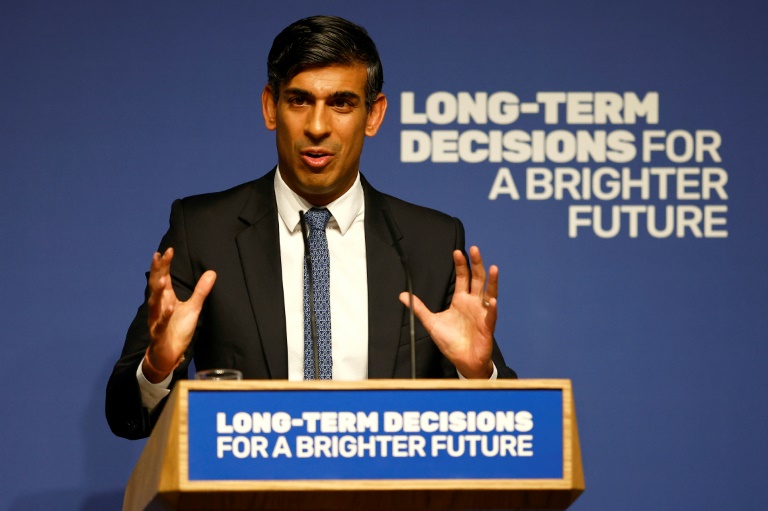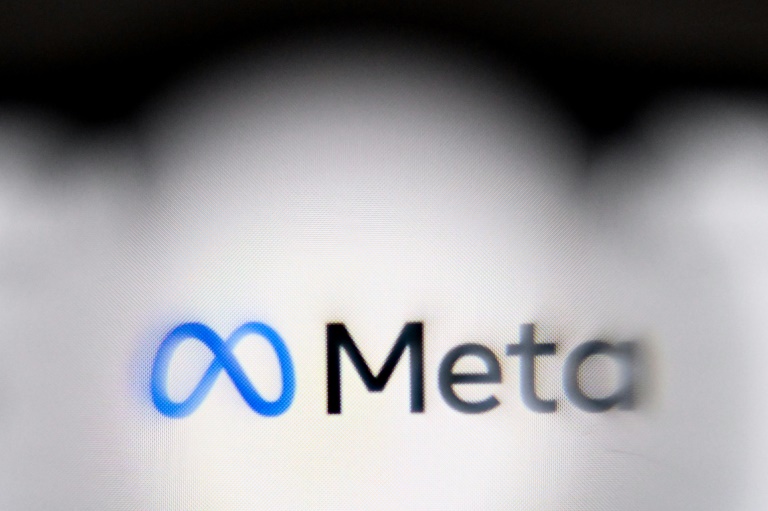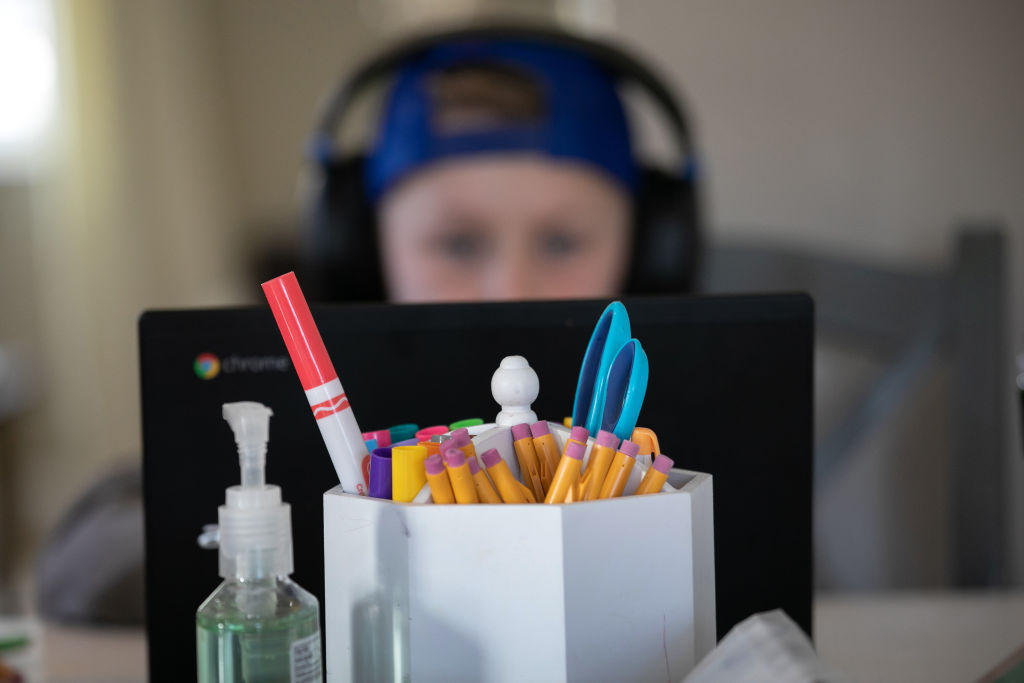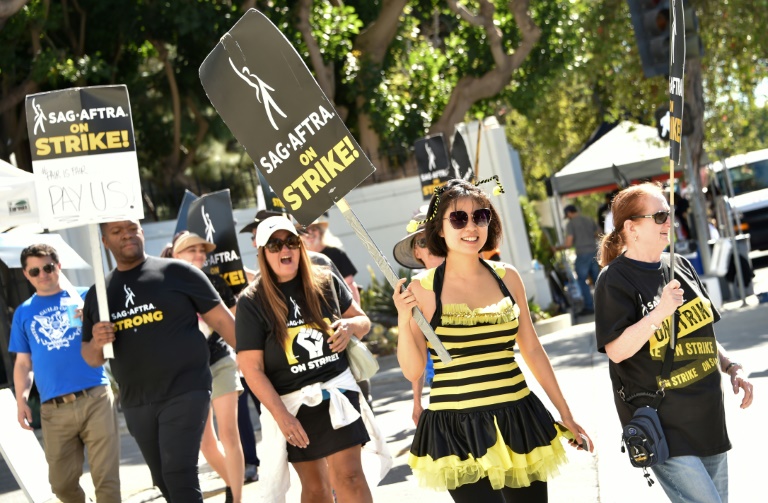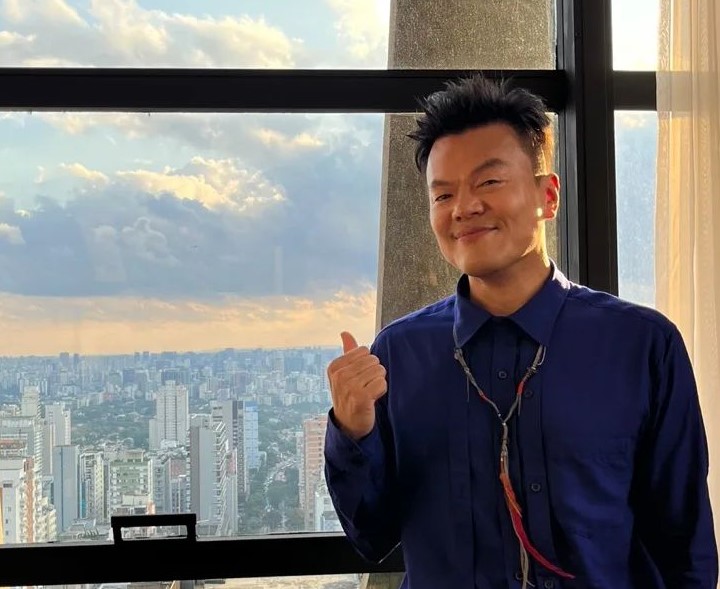The world’s first major summit on artificial intelligence (AI) safety opens in the UK on Wednesday, with political and tech leaders set to discuss possible responses to the society-changing technology.
UK Prime Minister Rishi Sunak, US Vice President Kamala Harris, EU chief Ursula von der Leyen and UN Secretary-General Antonio Guterres will all attend the two-day conference, which will focus on growing fears about the implications of so-called frontier AI.
The release of the latest models have offered a glimpse into the potential of AI, but have also prompted concerns around issues ranging from job losses to cyber attacks and the control that humans actually have over the systems.
Sunak, whose government initiated the gathering, said in a speech last week that his “ultimate goal” was “to work towards a more international approach to safety where we collaborate with partners to ensure AI systems are safe before they are released.
“We will push hard to agree the first ever international statement about the nature of these risks,” he added, drawing comparisons to the approach taken to climate change.
But London has reportedly had to scale back its ambitions around ideas such as launching a new regulatory body amid a perceived lack of enthusiasm.
Italian Prime Minister Giorgia Meloni is one of the only world leaders, and only one from the G7, attending the conference.
Elon Musk is due to appear, but it is not clear yet whether he will be physically at the summit in Bletchley Park, north of London, where top British codebreakers cracked Nazi Germany’s “Enigma” code.
While the potential of AI raises many hopes, particularly for medicine, its development is seen as largely unchecked.
In his speech, Sunak stressed the need for countries to develop “a shared understanding of the risks that we face”.
But lawyer and investigator Cori Crider, a campaigner for “fair” technology, warned that the summit could be “a bit of a talking shop.
“If he were serious about safety, Rishi Sunak needed to roll deep and bring all of the UK majors and regulators in tow and he hasn’t,” she told a press conference in San Francisco.
“Where is the labour regulator looking at whether jobs are being made unsafe or redundant? Where’s the data protection regulator?” she asked.
Having faced criticism for only looking at the risks of AI, the UK on Wednesday pledged GBP38 million ($46 million) to fund AI projects around the world, starting in Africa.
Ahead of the meeting, the G7 powers agreed on Monday on a non-binding “code of conduct” for companies developing the most advanced AI systems.
The White House announced its own plan to set safety standards for the deployment of AI that will require companies to submit certain systems to government review.
And in Rome, ministers from Italy, Germany and France called for an “innovation-friendly approach” to regulating AI in Europe, as they urged more investments to challenge the US and China.
China will be present, but it is unclear at what level.
News website Politico reported London invited President Xi Jinping, to signify its eagerness for a senior representative.
Beijing’s invitation has raised eyebrows amid heightened tensions with Western nations and accusations of technological espionage.
AFP

AFP

